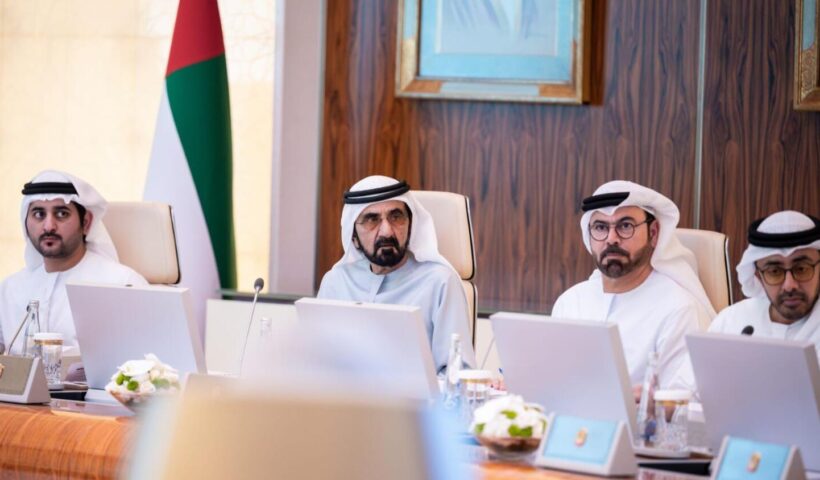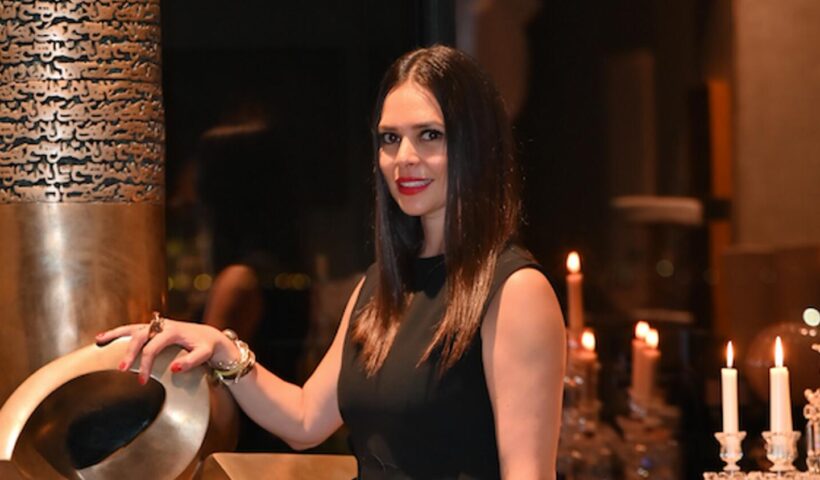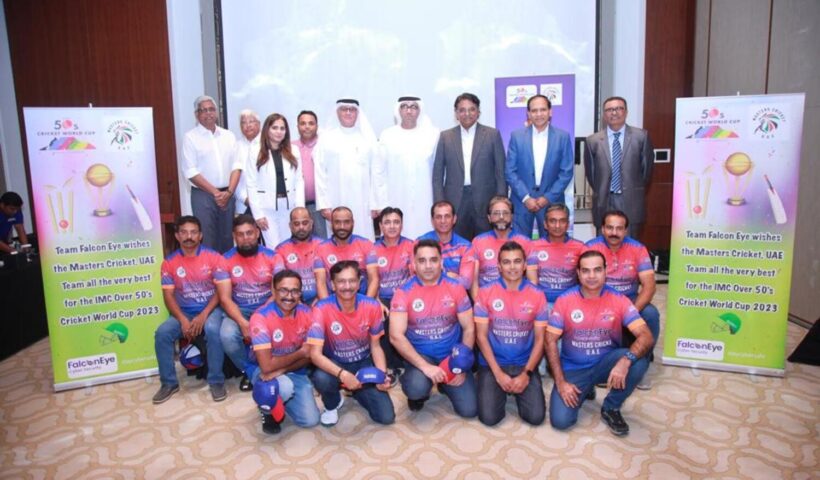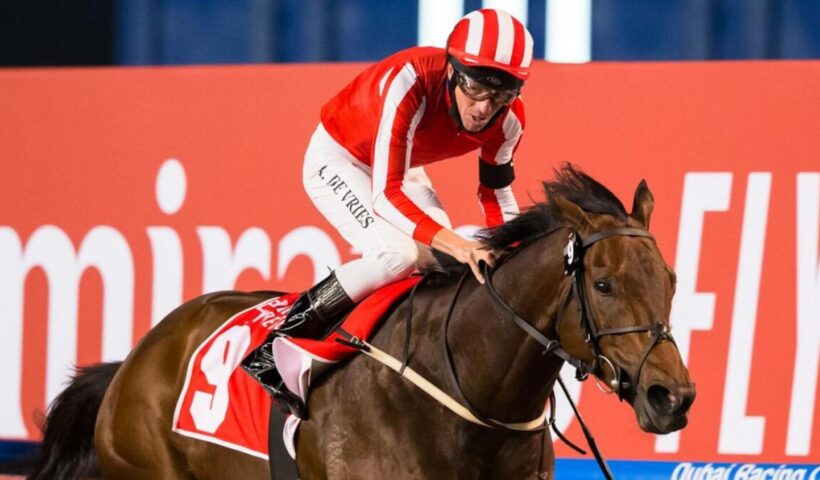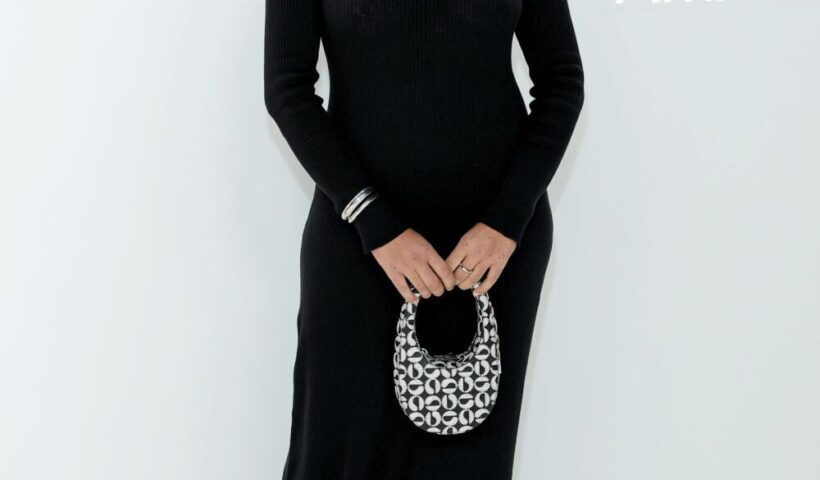Experts use advanced tools to help identify suspects through their body shape and stride.
Dubai Police are using cutting-edge technology to ensure there is no such thing as the perfect crime.
Officials said this week at the World Police Summit 2023 that the force used biometrics to identify suspects.
While facial recognition and fingerprint technology is used by police around the world, there are other ways to catch criminals.
This new age of policing means that those who break the law can still be identified, even if they wore a mask and gloves, and ensured no DNA evidence was left at the scene.
If a suspect is disguised or CCTV footage is too grainy, officers can analyse characteristics such as a person’s gait and the shape of their hands and ears to build a clearer picture of who they are.
Footage can be compared to a comprehensive video database that includes recordings from CCTV cameras.
Dubai Police said the advanced technology, which they have used since 2016, helped officers to make more than 3,000 arrests last year.
The technology proved particularly useful during the Covid-19 pandemic, when people wore masks outdoors and when visiting indoor venues.
“To identify suspects through gait patterns, a biometric system uses specialised cameras such as LiDAR cameras to capture the movement of an individual’s body,” said Lt Col Dr Hamad Al Awar, head of video and image examination at Dubai Police’s forensic e-evidence department.
“In some videos of crimes that are of low resolution or in which the suspects are hiding their faces, we analysed their biometrics.”
The technology creates a biometric template by examining unique patterns of movement, including the way a person swings their arms and the length of their stride.
Body measurements can also be used to create biometric templates.
Once created, the templates can be compared to a database to identify potential matches.
Lt Col Dr Al Awar said Dubai Police used the technology to help other forces in the UAE.
In 2021, The National reported that Dubai Police used an advanced crime-fighting tool widely referred to as “brain fingerprinting”.
Police carried out a year of trials on the “memory print” technique before using it in investigations.
A suspect is typically fitted with a skullcap that features a set of electrodes that detect their brain activity while they listen to statements associated with a crime.
Dubai Police’s ‘brain fingerprint technology’ – in pictures
Building a DNA database
Police have also used technology to crack unsolved cases from the past.
A genome project, based on PhD research by Maj Mohammed Al Marri of Dubai Police in 2020, focused on the use of DNA to isolate and identify genetic variants in the Middle East. The University of Cambridge assisted in the study.
“There are 23 million genetic variants recorded globally. The study identified five million specific to the Middle East region,” said First Lt Mohammed Al Rahma, a biology and DNA expert at Dubai Police’s department of forensics and criminology.
The force has been using the technology to create a national DNA database that can be used to identify suspects, victims and missing people.
“The study enabled the utilisation of the data to identify characteristics of suspects through DNA collected at crime scenes,” First Lt Al Rahma said.
The technology is most useful in solving cases in which DNA evidence is not available.
“This is because it enables forensic investigators to significantly narrow down the suspect pool by identifying traits, ethnicity and origin of the suspect,” he said.
The use of the technology is to be expanded by the end of the year.


